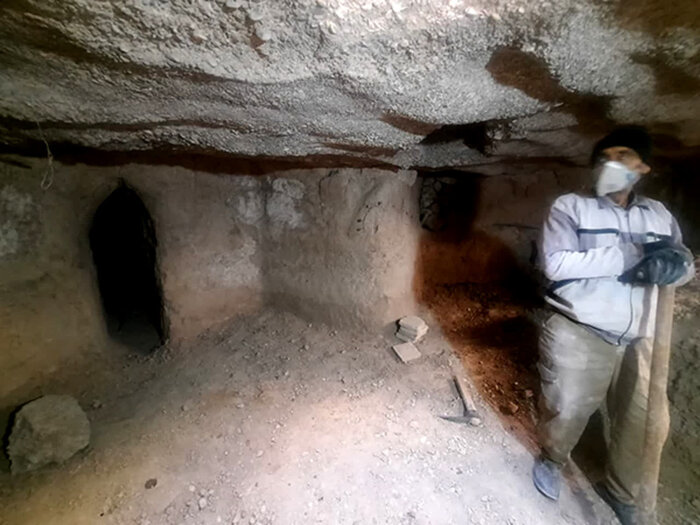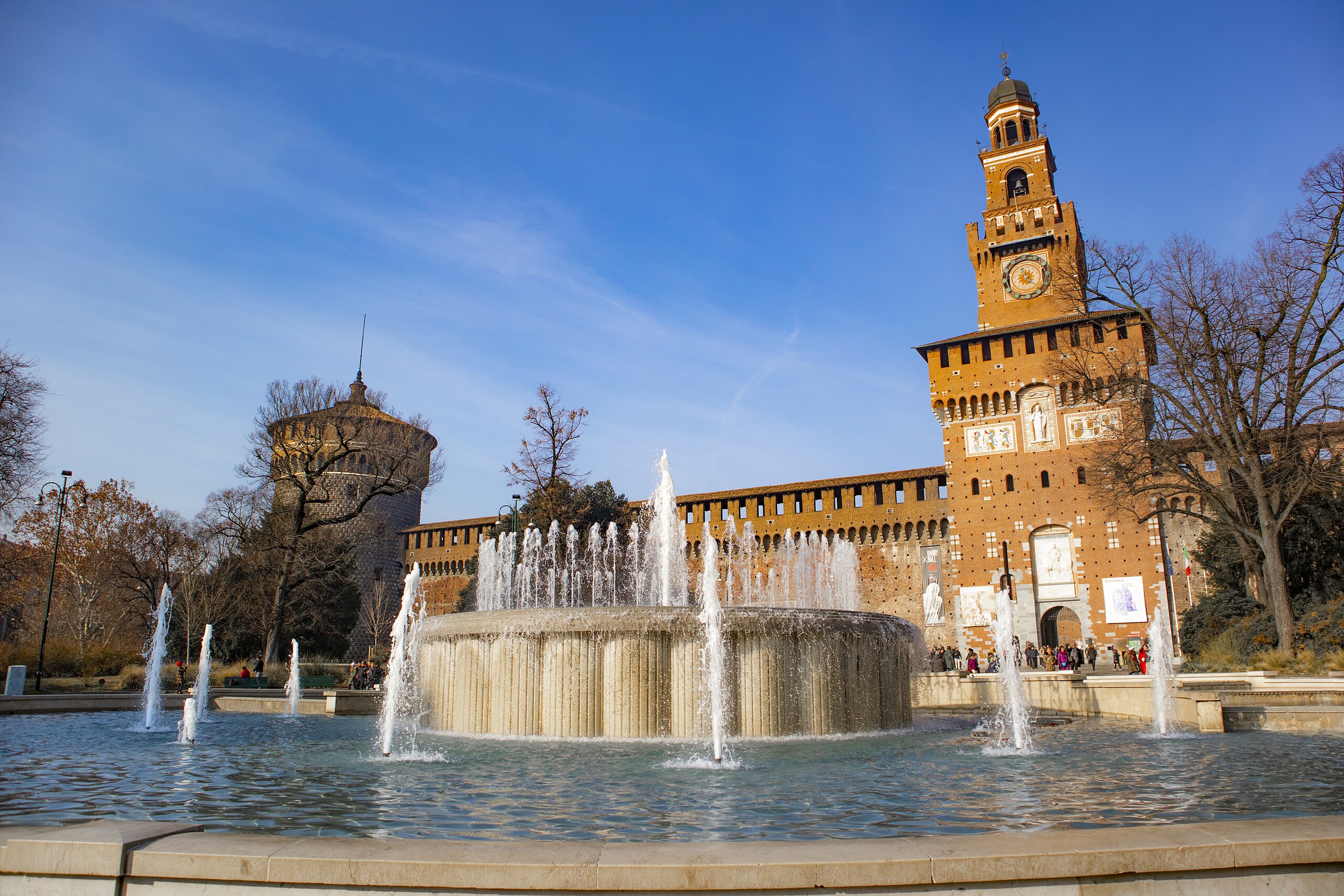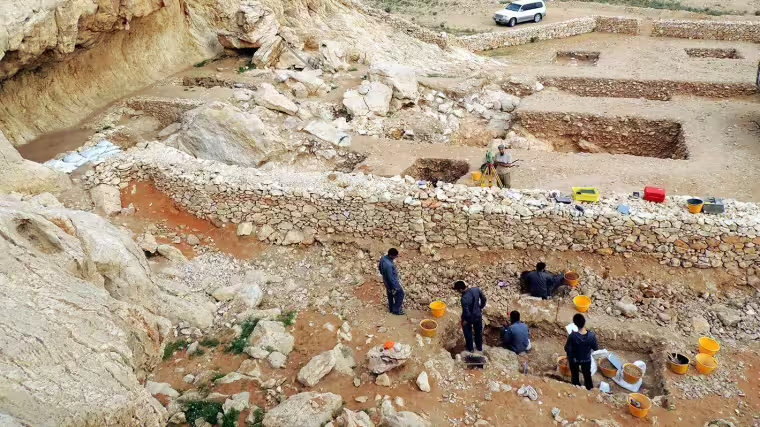
Archaeologists Discover 80,000-Year-Old Stone Knives in South Arabia
In the heart of the Sharjah Emirate, a groundbreaking discovery has unveiled 80,000-year-old stone knives at the Jebel Faya rock shelter. This remarkable find, spearheaded by an international research team led by Dr. Knut Bretzke from Friedrich Schiller University Jena, provides the oldest known evidence of systematic stone tool production in the Arabian Peninsula. Rewriting
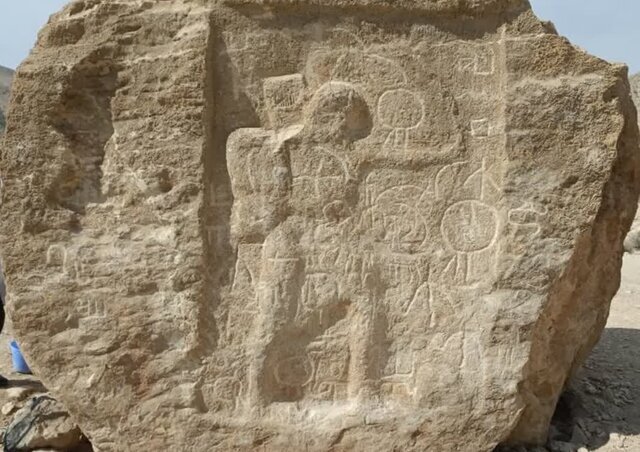
The only Parthian stone relief in Iran’s Fars province restored
Restoration Completed for the Only Parthian Stone Relief in Iran’s Fars Province The only Parthian stone relief in Iran’s Fars province has been restored, according to Mohammad Sabet-Eqlidi, the head of tourism for the province. This important artifact is located in the ancient city of Qir. Sabet-Eqlidi reported that the relief, found in an open
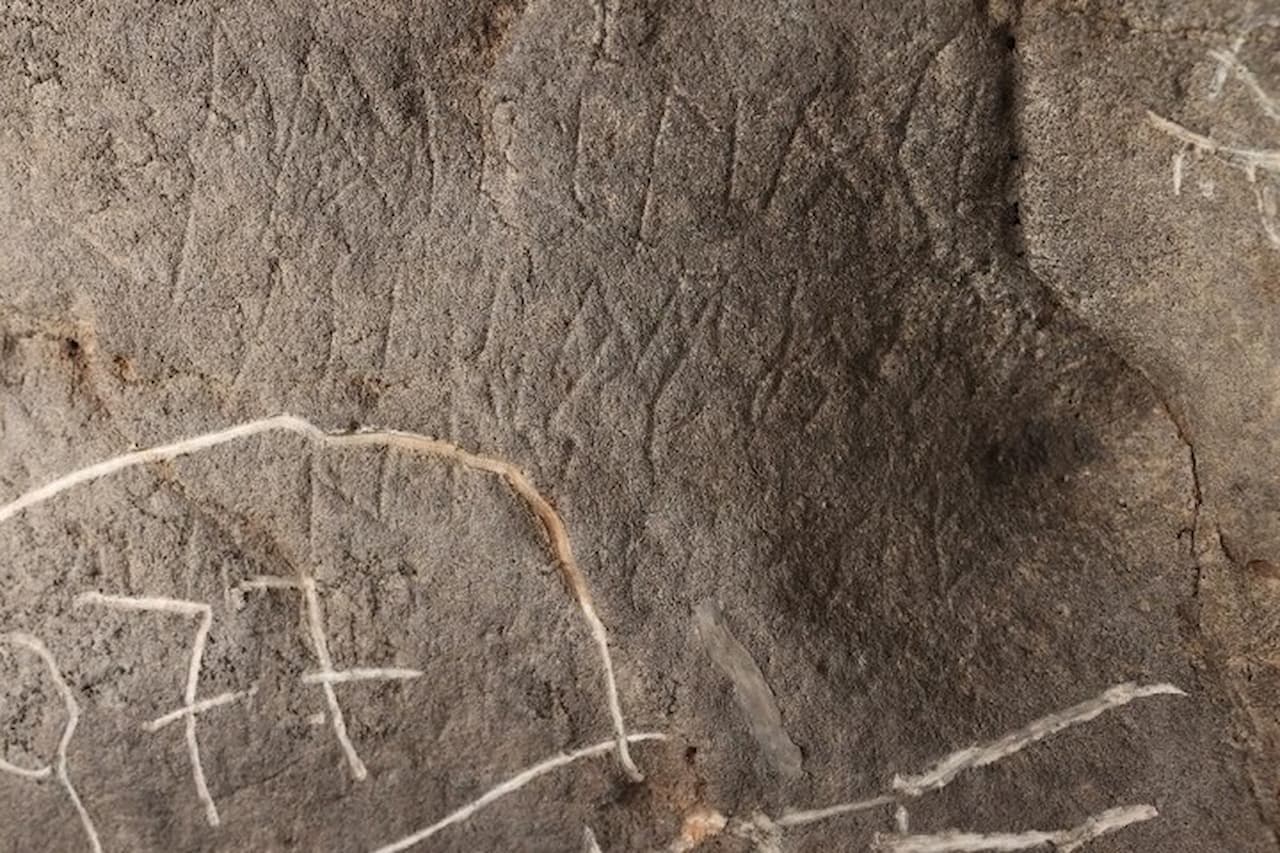
A Roman Temple Inscribed with “Cova de les Dones” Discovered
A team of researchers from the universities of Alicante (UA) and Zaragoza (Unizar) has made an exciting discovery at Cova de les Dones. This site is one of the largest rock art locations on the Iberian Peninsula. The team found a Roman temple, fifteen Roman inscriptions, and a coin from Emperor Claudius’s reign. Importance of
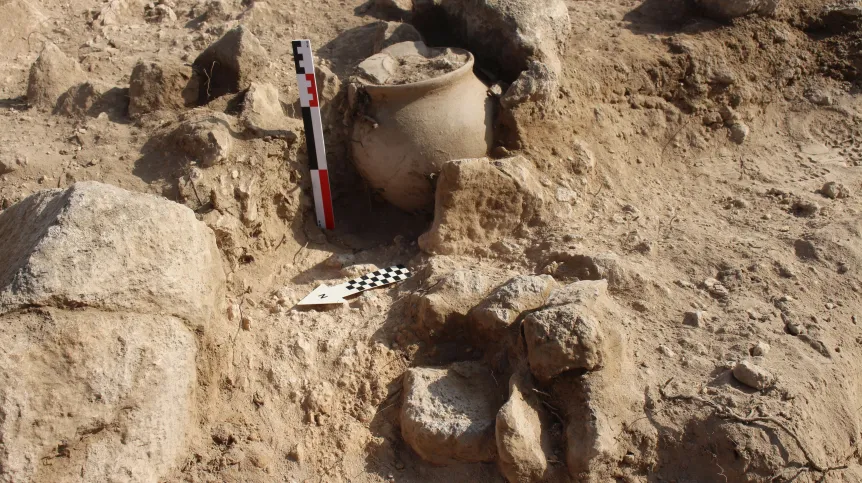
Archaeologists discover Urartian house remains from the 6th entury BC in Armenia
A team of Armenian-Polish archaeologists has made significant discoveries at the Davti Blur archaeological site. They found Urartian house remains from the 6th century BC, a cremation cemetery, and evidence of a powerful earthquake. Dr. Mateusz Iskra, a team member, explains that Davti Blur translates to “David Hill” in Armenian. This name likely refers to
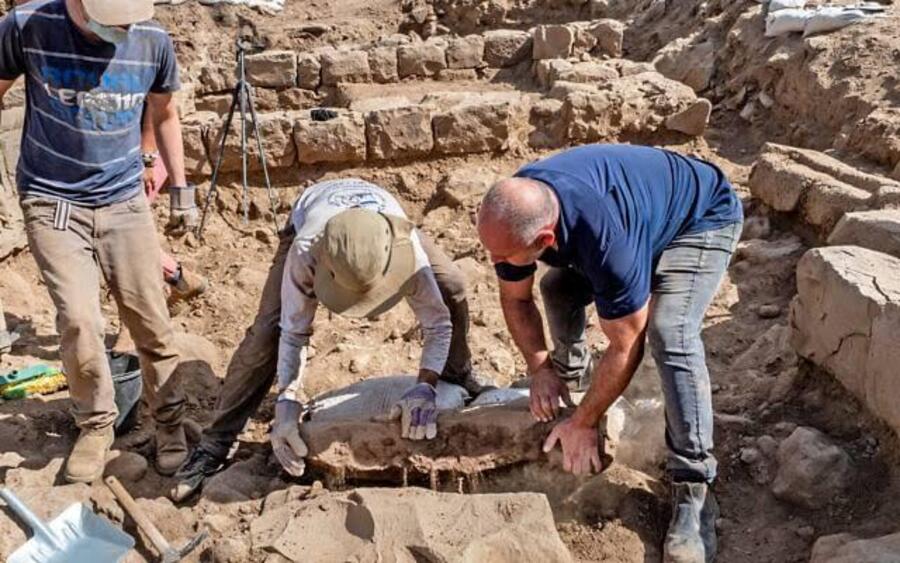
Archaeologists Discover Rare Boundary Stone From the Tetrarchy Period of the Roman Empire
Excavations at Tel Avel Beit Ma’akha, located about 1.2 miles south of Metula in northern Galilee, have led to an extraordinary find: a rare Roman boundary stone dating back to the Tetrarchy era. This ancient artifact provides valuable insights into land ownership, regional settlement patterns, and the administrative practices of the Roman Empire. Insights into
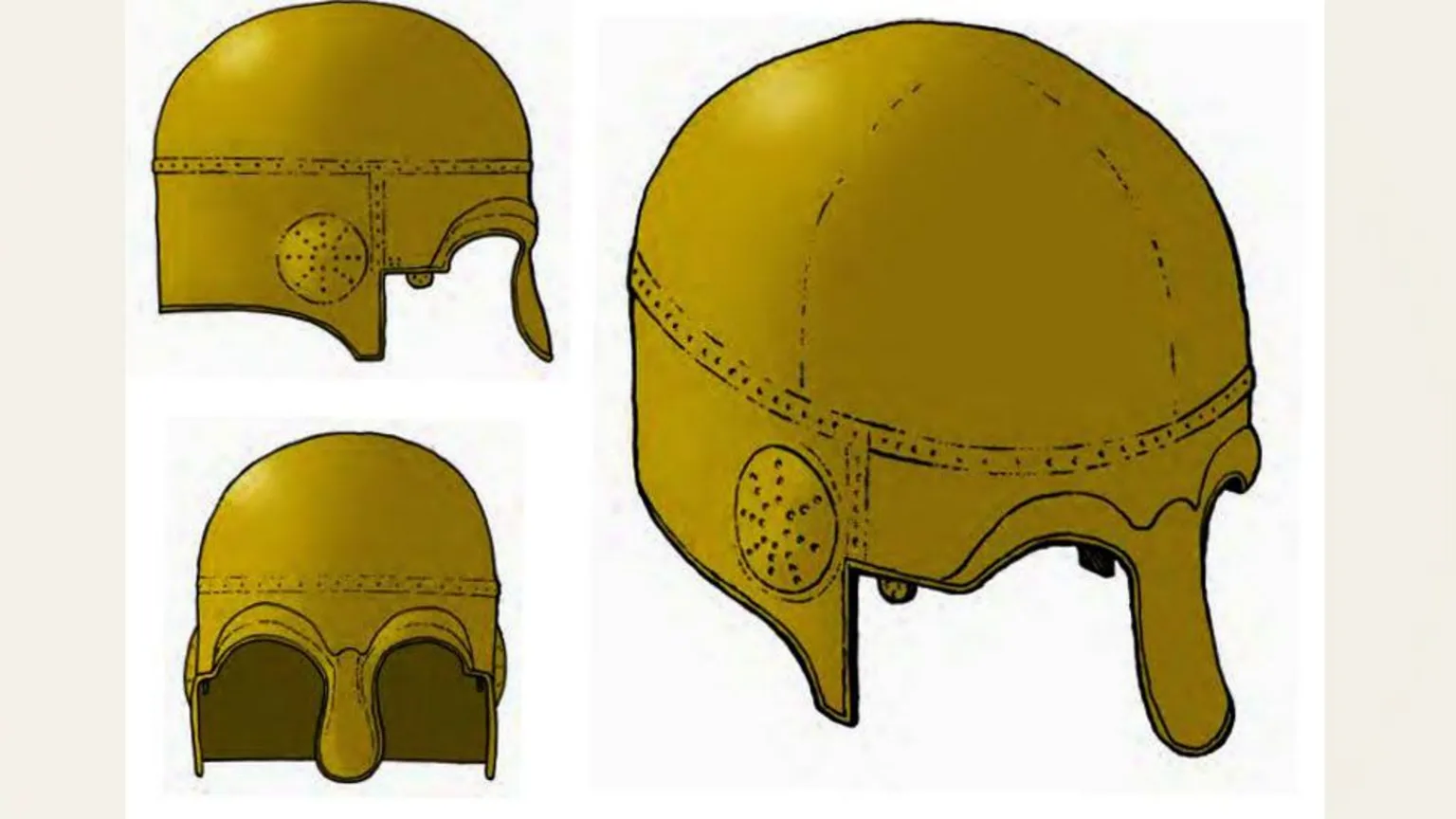
Archaeologists have discovered a rare Iron Age helmet in Norfolk
In Snettisham, one of England’s most significant archaeological sites, advanced scientific tests have revealed that fragments of copper alloy are parts of an extremely rare Iron Age helmet. The British Museum conducted a 15-year project to examine a treasure trove of 14 gold, silver, and bronze torcs (twisted metal rings worn as jewelry) discovered between
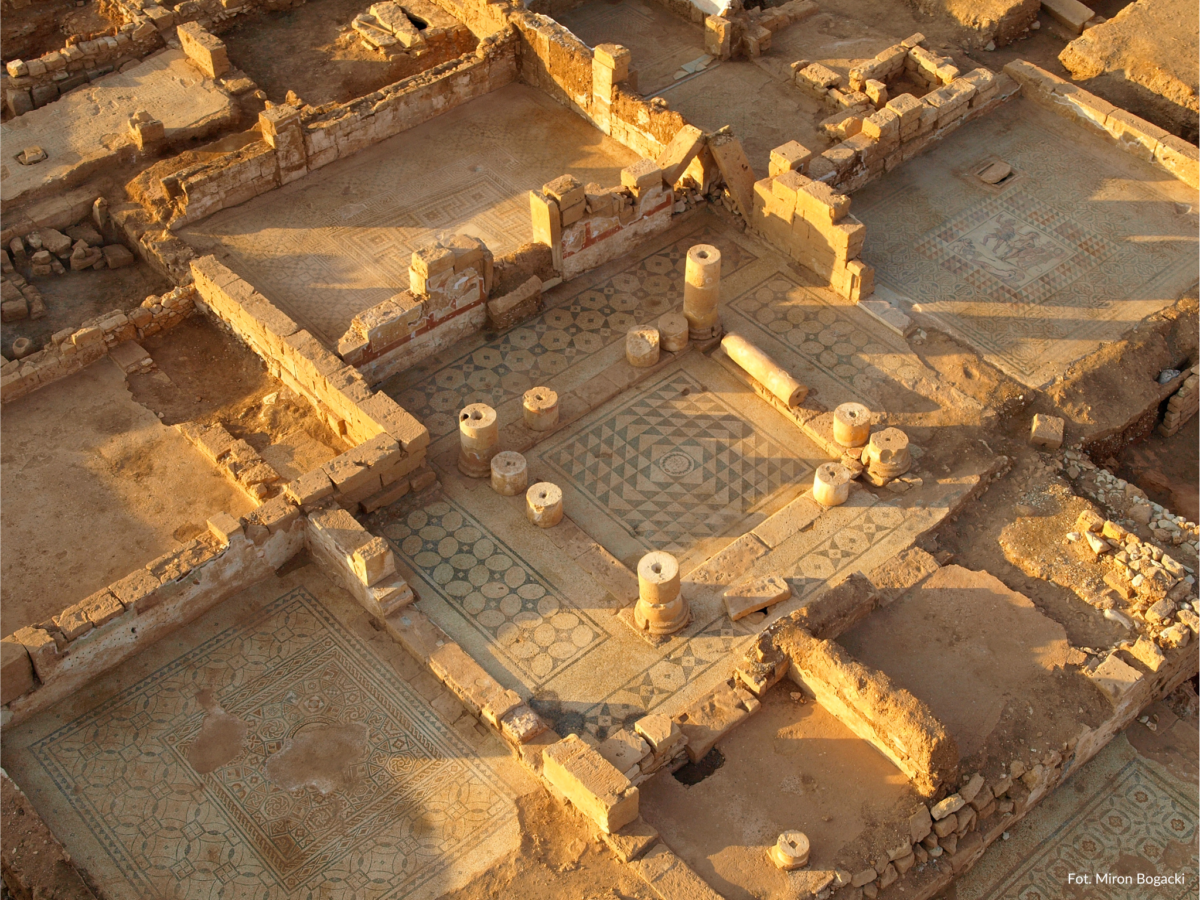
Ancient Residence and Mysterious Mask Discovered in Libya’s Ancient City of Ptolemais
In an exciting archaeological discovery, researchers from the University of Warsaw have found a residential complex featuring an advanced drinking water collection system and a mysterious mask in the ancient city of Ptolemais, located on Libya’s Mediterranean coast. This significant find comes after a thirteen-year pause due to the Libyan civil war, with archaeologists returning


